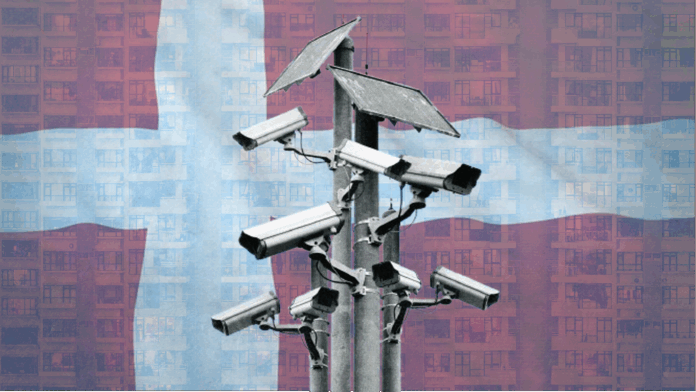In Denmark, opposition to the new surveillance law is growing. In an open letter to Justice Minister Peter Hummelgaard, 25 organizations and a number of experts demand that the controversial bill be stopped. The accusation: The country is rapidly developing into a mass surveillance society. “If the government’s proposal becomes a reality, all citizens will be systematically monitored, everywhere and at all times. This is a massive invasion of privacy and a recipe for a surveillance society,” critics of the law warn.
The law raises serious questions about data ethics and could have unforeseen consequences for individuals, especially if artificial intelligence is used to handle sensitive personal data. Such surveillance can undermine the right to privacy and cause lasting damage to citizens’ trust in the state.
PET’s new analysis tool is used to collect and evaluate three types of data:
- Publicly available resources – including online registers, websites, social media comments and press articles.
- Government data – primarily from the health and social sectors. These must be forwarded to the secret service upon request.
- Data on foreigners – especially those who do not live in Denmark.
According to the law, the collected data must be deleted after five years at the latest, but they can be kept for up to 20 years for a reason.
The Minister of Justice dismisses the criticism as unfounded: “This has nothing to do with surveillance. This is an analytical tool – most of this data comes from abroad anyway. The accusations of organizations and parties stem partly from misunderstandings.” – he stated.
The old arguments in this case are also the same: The law does not change the processing of personal data by PET. It’s all about pattern recognition. In an increasingly digital society, information needs to be linked together to identify early signs of terrorist attacks, espionage or sabotage. Because Denmark’s complex threat situation requires new tools for the intelligence service.
Several opposition parties call the law a “real mass surveillance tool” because it places all citizens under general suspicion.
Social consequences of the law: People are shy away from expressing certain opinions, contacting the authorities or participating in demonstrations. We are effectively restricting freedom of speech. It is particularly critical that health data is also included. If people have to worry about being entered into an IT system as “suspicious” after a doctor’s visit, they may no longer dare to ask for help.
Despite growing criticism, the government is sticking to the law. It is scheduled to enter into force in October 2025. If implemented in this way, it threatens to make Denmark one of the most comprehensively controlled states in Europe.
(Translated and edited by John Belgen)

